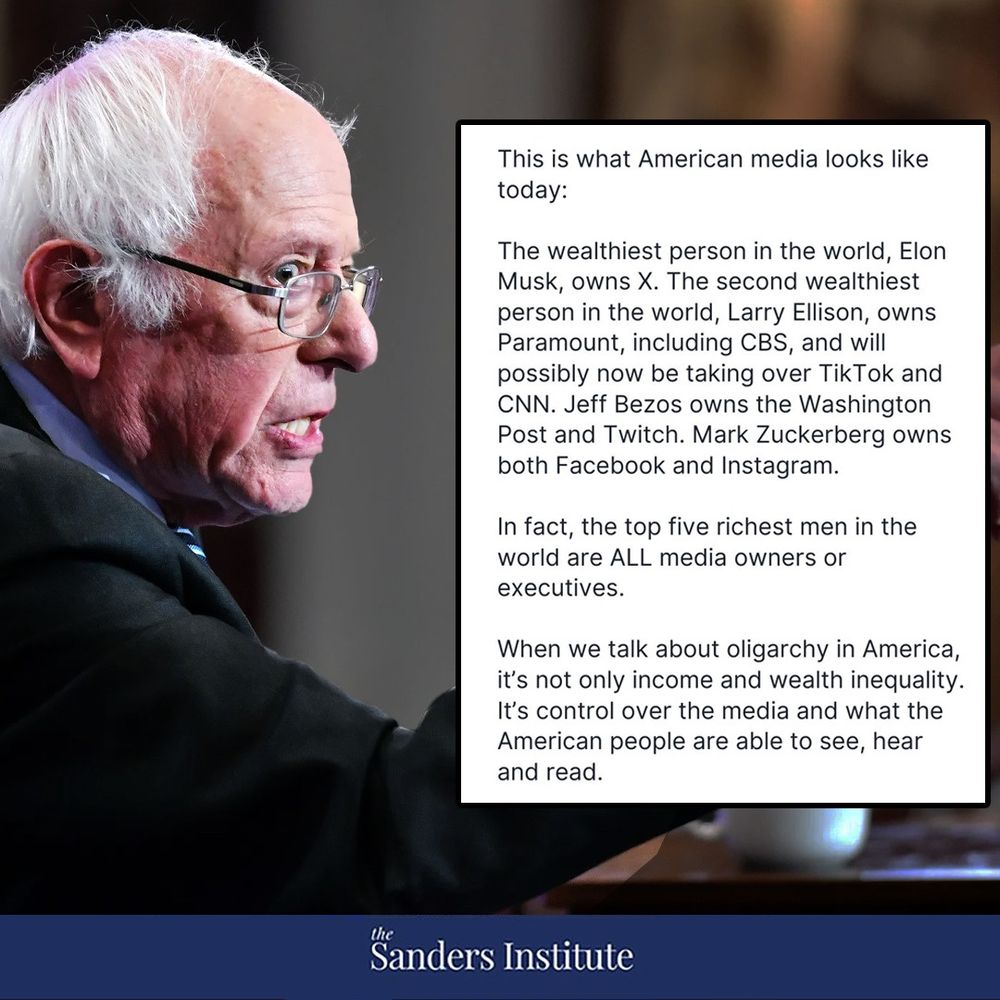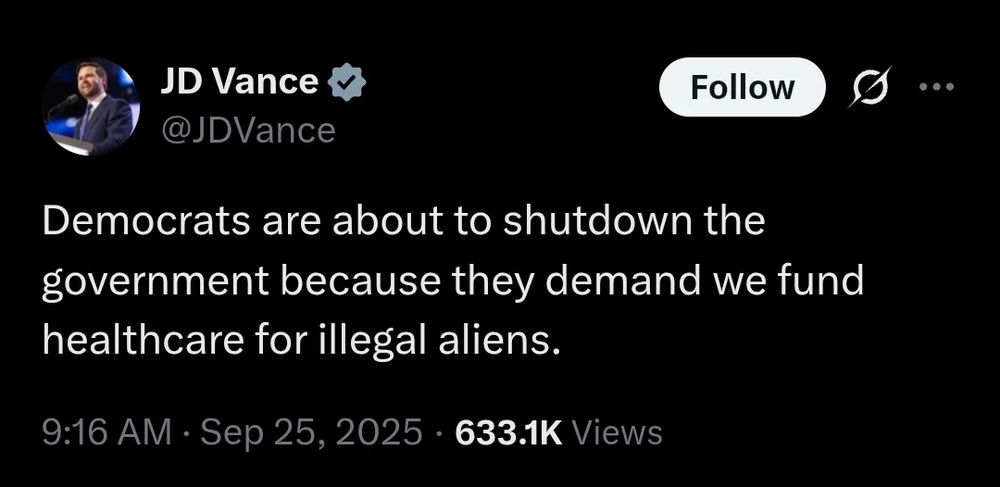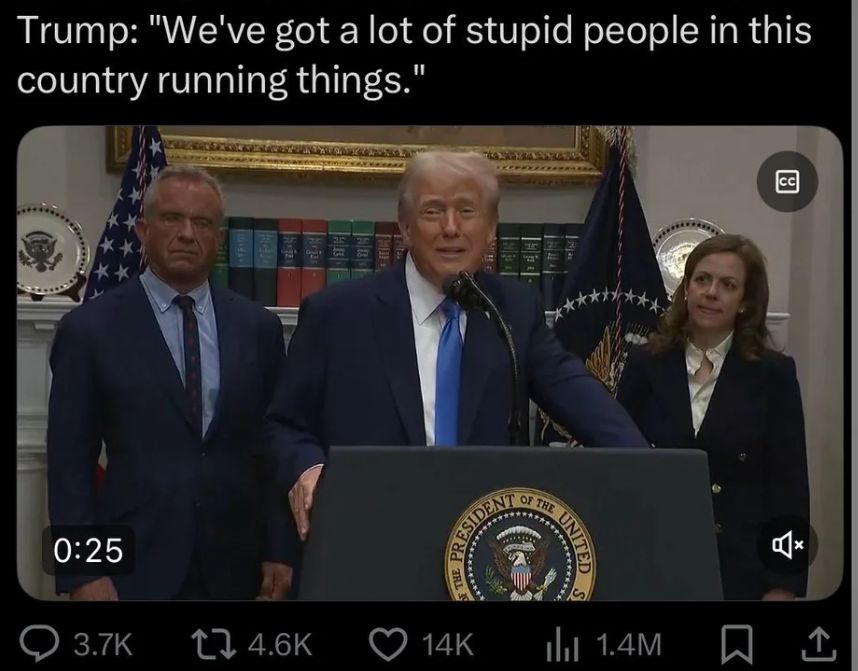Mark Zuckerberg’s massive 1,400-acre Koolau Ranch compound on Kauai has become a flashpoint of controversy, highlighting tensions between wealthy mainland developers and Hawaiian communities.
Environmental Impact
The development has significantly altered the local landscape and ecosystem. Heavy construction traffic has transformed what was once a quiet area into a busy thoroughfare, with numerous vehicles disrupting the peaceful character of the region[1]. The compound’s cattle ranch, where cows are fed water-intensive macadamia nuts and beer, has drawn particular criticism from environmentalists for its resource consumption and contribution to environmental degradation[2].
Community Disruption
The project’s impact on local residents has been substantial and multifaceted. Construction workers, many from outside Kauai, have created significant traffic problems, with locals reporting aggressive driving behaviors and a sense that “you’re in their way”[1]. The development has also contributed to rising property values, forcing many native residents to leave the island as they can no longer afford to live there[1].
Controversial Land Acquisition
Zuckerberg’s approach to land acquisition has raised serious ethical concerns. His team created shell companies to file lawsuits that pressured locals with ancestral land rights to either sell their stakes or bid for them at auction[4]. This practice has particularly affected Native Hawaiians, leading to a petition against “colonizing Kauai” that gathered over a million signatures[1].
Security and Secrecy
The compound operates under extreme secrecy, with workers required to sign strict NDAs and subjected to extensive surveillance. Former contractors report cameras everywhere, and employees have been fired for sharing social media posts about the property[4]. This level of security and control has created tension with the traditionally open and community-oriented Hawaiian culture.
Economic Impact
While Zuckerberg and his wife have donated over $20 million to local nonprofits since 2018[1], critics argue this philanthropy fails to address underlying systemic issues. As Nikki Cristobal, executive director of Kamawaelualani, notes, these charitable contributions don’t tackle the root causes of why such philanthropy is needed in the first place[1].
Future Implications
The compound represents a broader trend of wealthy mainlanders purchasing Hawaiian land, a practice that dates back to the Great Mahele of 1848. This ongoing pattern continues to transform Hawaii’s social and economic landscape, creating what some locals describe as “a whole new economy basically serving at the rich peoples’ whims”[1]. The sustainability of this economic model and its impact on local communities remains a serious concern for many Kauai residents.
The Zuckerberg compound thus embodies larger questions about land use, environmental stewardship, and economic inequality in Hawaii, highlighting the complex challenges facing island communities as they navigate development pressures from wealthy outsiders.
Citations:
[1] https://www.wired.com/story/mark-zuckerberg-inside-hawaii-compound/
[2] https://en.channeliam.com/2024/01/11/zuckerbergs-lavish-hawaiian-cattle-ranch-draws-criticism-for-environmental-impact/
[3] https://www.yahoo.com/news/mark-zuckerberg-says-doesnt-hawaiian-110132021.html
[4] https://www.thecooldown.com/green-business/mark-zuckerberg-kauai-compound-hawaii/
[5] https://consent.yahoo.com/v2/collectConsent
[6] https://www.hindustantimes.com/world-news/us-news/mark-zuckerbergs-5k-square-ft-hawaii-bunker-is-just-a-little-shelter-to-him-not-a-doomsday-bunker-101734755460467.html
[7] https://nypost.com/2024/12/26/business/mark-zuckerberg-denies-doomsday-bunker-under-270m-hawaii-mansion/
[8] https://www.grantspasstribune.com/mark-zuckerberg-addresses-rumors-of-doomsday-bunker-in-hawaii-compound/
[9] https://beatofhawaii.com/kauais-zuckerberg-ongoing-enigma-stirs-island-controversy-again/











